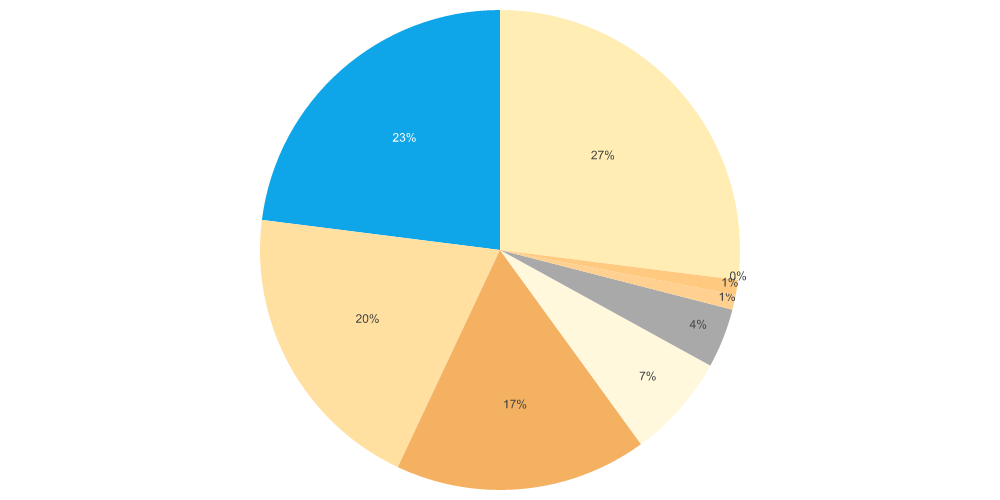
Cinderella's Portfolio
Destination: Supercollaborator

523/600 experience earned |
Endorsements
|
Cinderella's most recent reflection achievement
|
Name: Checkpoint 2
You chose these three words to describe your first experience with Synthesis: Challenging, Confusing, Competitive. Would you answer the same way now? If so, why? Give some recent examples. If not, explain what new words are a better fit.
Cinderella's response: "I would answer the same now. Because although i understand the games better than before, there are still a lot of new things for me to explore. I also met different parters each time, so i need to communicate with different people." |
| TEAMWORK METRICS |
We¡¯re excited to release our newest game, Ducks Amok (named by a Synthesis student during Game Design Camp). It¡¯s a game that works both types of thinking: you and your team will need to coordinate short-term plans, then switch your brains to discuss long-term strategy between rounds. But first, you need to learn the game. Because life¡¯s problems don¡¯t come with complete instructions. And neither do our games.
Be sure to check out the Teams Mission Brief for more details.
Be sure to check out the Teams Mission Brief for more details.
Communication in Game Sessions
Cinderella's % of time speaking average in each game session
|
|
|
|

Reflection for Cinderella: What's the most effective way to share information with your team?

|

You contribute 11% of your teams¡¯ actions.
What contribution should each player make to the team? |

|

You use 75% of your available AP.
How are you using your AP to contribute to the team goals? |
| If you notice that some of your teamwork data is missing or showing at 0%, it is because you have not attended a recent session featuring this game. |
| TEAMWORK ANALYSIS |
You¡¯ve been around Synthesis Teams long enough to know that good communication means more than just talking to your teammates.
It¡¯s about being thoughtful in the way we communicate: using teammates¡¯ names, being clear and specific, and asking clarifying questions. It¡¯s about speaking up and responding to others.
This month, we¡¯ll take a closer look at these important aspects of teamwork as we examine your productive communication skills.
Cinderella, here's what we observed about your teamwork skills during recent game sessions: You consistently showed a great ability to use clear and specific language in communicating your ideas with teammates, such as when you articulated your tasks with statements like, "You can send the batteries to me and I'll charge that and I'll post it to the top." Your supportive communication style was also a strong point, as seen in your affirmations, "Yes, good idea," and "Great!" which likely helped your team feel encouraged and valued. One way to grow even more is by building confidence in initiating conversations and requesting feedback, which could enhance your two-way exchanges with teammates. Engaging more deeply in strategic discussions by sharing direct solutions or strategic insights could help you become an even more effective collaborator. Why is this important? Strengthened communication contributes to a stronger, more cohesive team dynamic, maximizing everyone's potential contribution.
Observations based on your participation in game sessions in 4 of the past 4 weeks
| COMMUNICATION METRICS |
On your journey to make any team you join better, you'll practice how to effectively communicate with everyone. Our Discussion sessions are carefully designed to provide opportunities for you to practice these critical communication skills in various ways.
Last week's theme was "Black Swan Events." When we talk about risk, it¡¯s generally in terms of likelihood. However, that¡¯s not always the best lens. A black swan event is a rare, unexpected event, but with a huge impact. It seems highly unlikely beforehand but seems obvious in hindsight. Last week, we introduced you to ¡°black swan events¡± in the first half, and in the second half, we asked you to wrestle with a real one: the YR4 asteroid with a fluctuating risk of hitting Earth in 2032.
Communication in Discussions Sessions
Speaking % in Cinderella's Discussion session last week.
|
|
|

Reflection for Cinderella: How can you contribute to balanced communication with your team in Discussions?
| COMMUNICATION ANALYSIS |
Cinderella, here¡¯s what we noticed about your communication during last week¡¯s Discussion session: One thing you did especially well was using open-ended questions to engage your teammates, like when you asked, "Are you only giving answers or also asking questions?" This really showed your willingness to foster an active and balanced discussion. You also did a great job of acknowledging others by asking for opinions, such as "What do you think, Chris and Dorothy?" which helped to involve everyone. To keep building your skills, try to use your teammates' responses more to expand the dialogue and make your conversations even more connected. Overall, your contributions enriched the group¡¯s exchange, and focusing on linking others' thoughts with your own could further enhance the discussions.
Anyone who's on the path toward becoming a Supercollaborator is able to keep improving their skills and making course corrections. We look forward to seeing you at future sessions, and we'll continue giving you feedback on your teamwork and communication skills.
If your parent or guardian has any questions or comments about this email, tell them they can fill out this 1-minute survey to help us keep on improving our session feedback.

If your parent or guardian has any questions or comments about this email, tell them they can fill out this 1-minute survey to help us keep on improving our session feedback.
To the stars (and Mars),
Josh Dahn, cofounder
Josh Dahn, cofounder
|
|
|
1500 Green Hills Rd 2nd Floor, Scotts Valley, CA 95066
Thanks
wersling

